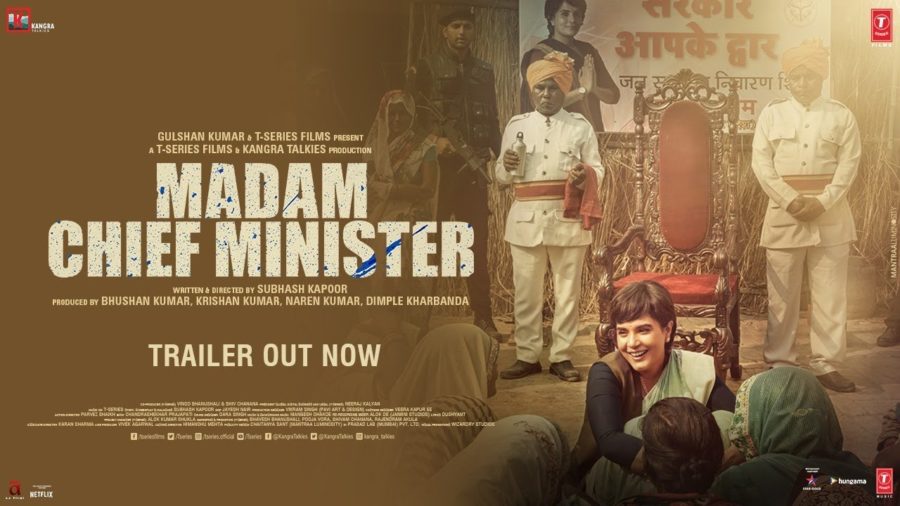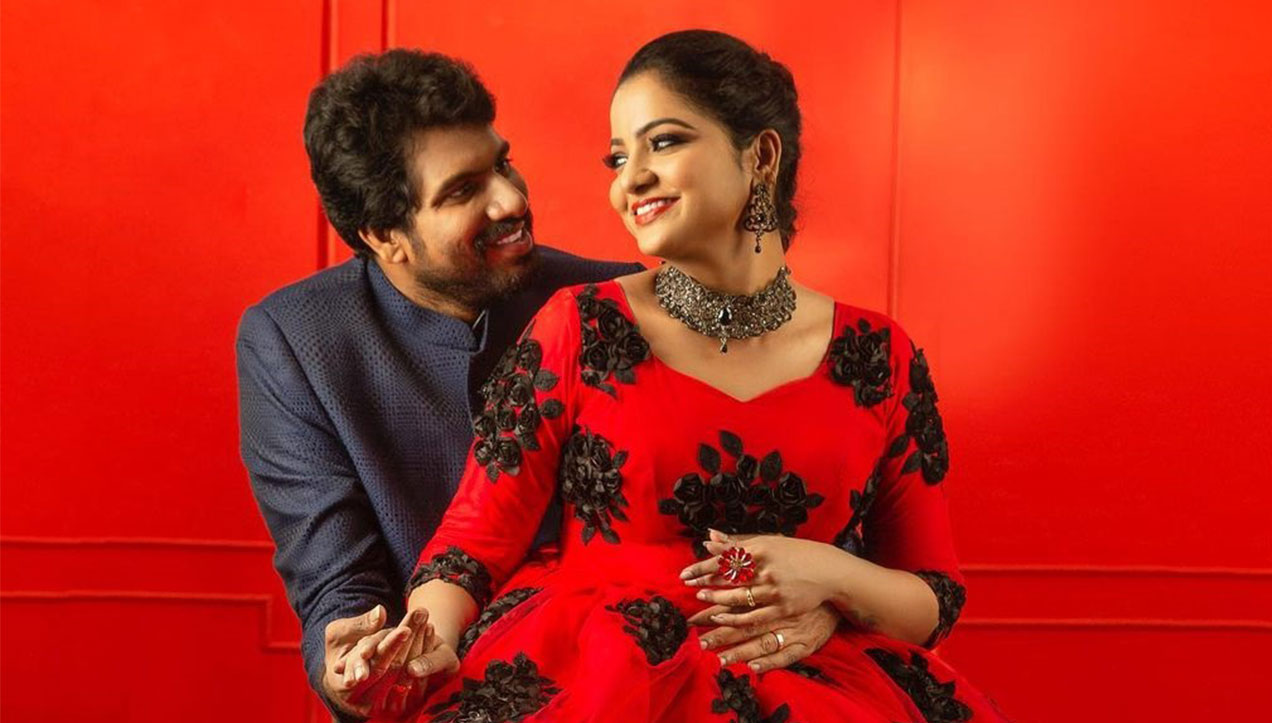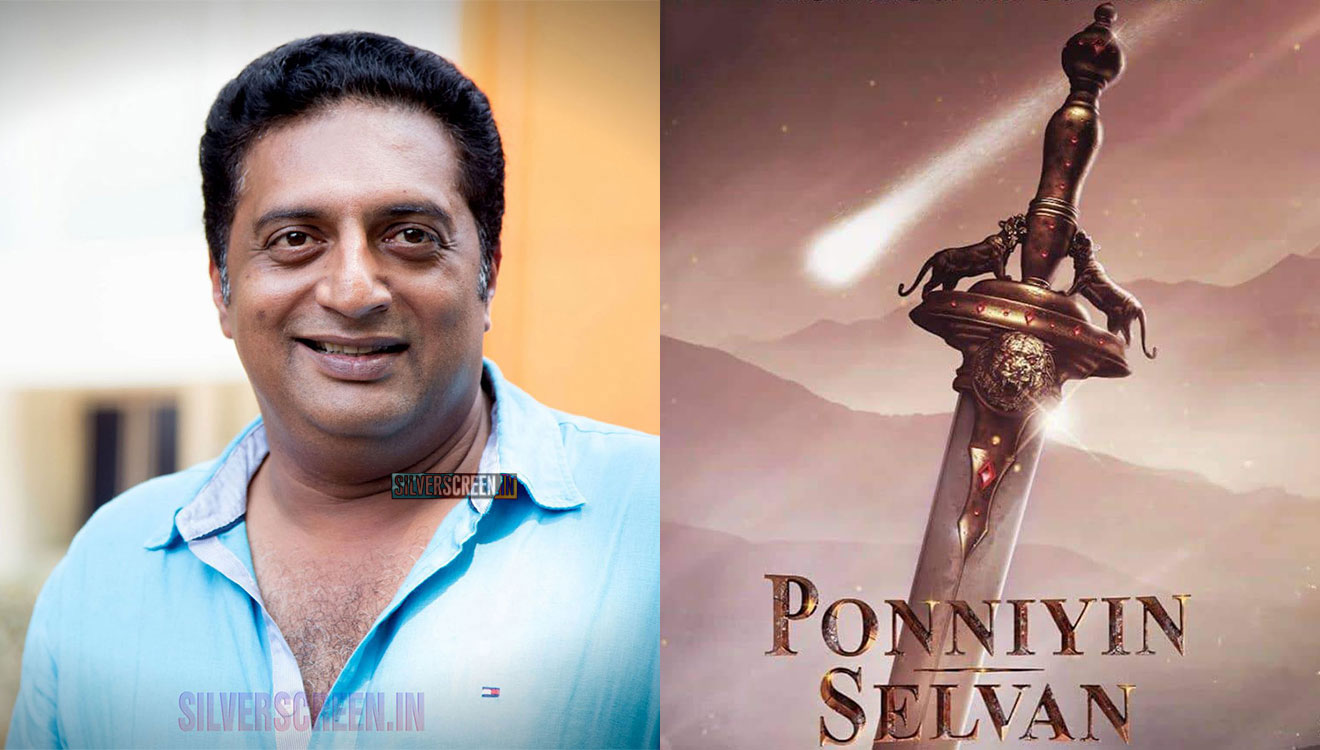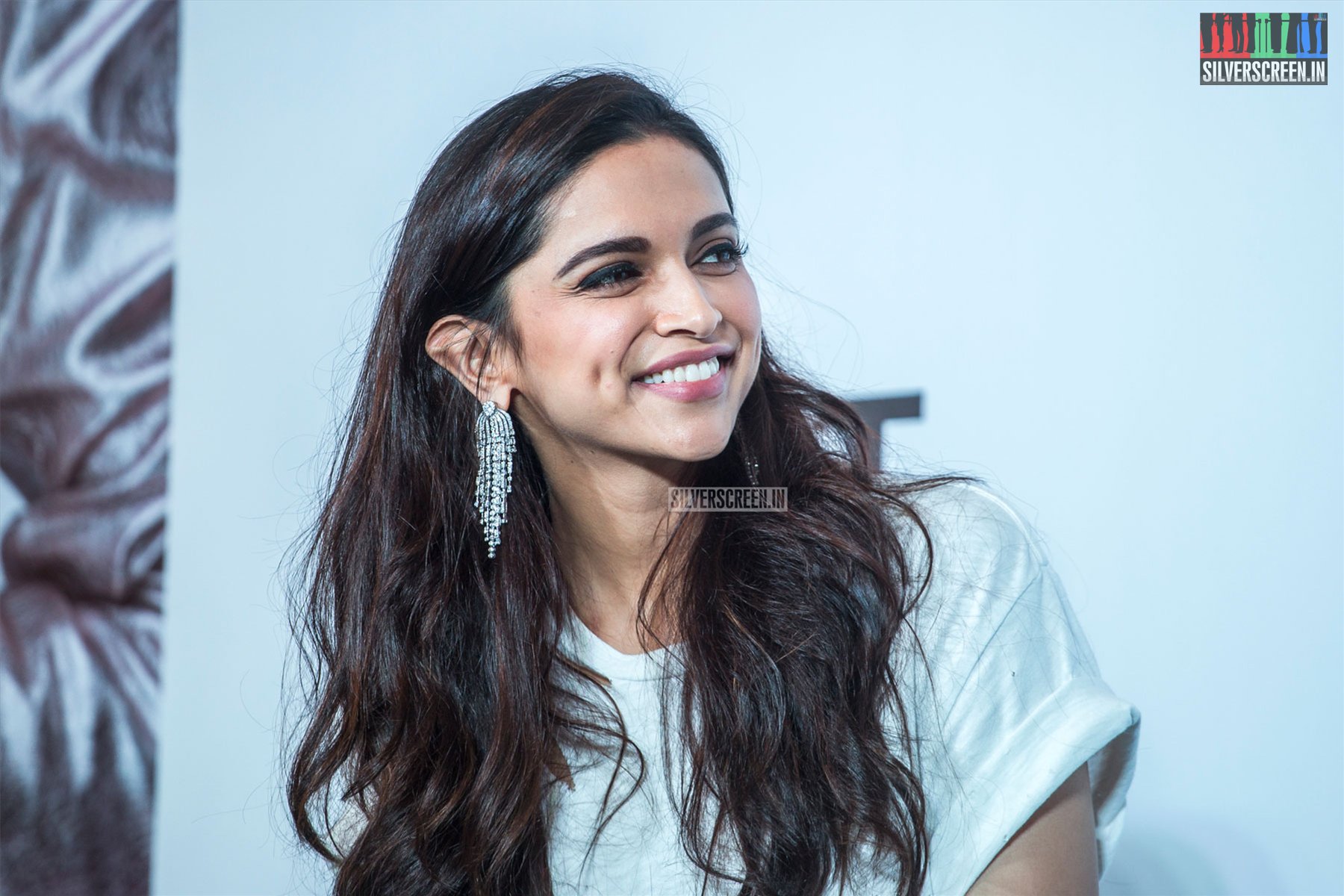Richa Chadha, the actor whose latest Hindi film Madam Chief Minister released on January 22, addressed the controversies surrounding the film on social media.
In the post, she wrote that after the film’s release she was “still reading some very angry tweets, threads about myself, (not the film yet, no one has seen it). Some people are just venting. And that’s ok.”
“I am listening, learning… as I have been attempting to, for the past 2-3 years,” she wrote.
In Madam Chief Minister, Chadha plays the role of a “feisty oddball of a woman” who “fights patriarchy, caste oppression, brutal violence along with the usual betrayals of politics, to rise to the top and affect change”. Chadha and the film has been facing backlash and criticism ever since the first-look poster released on January 4. The poster featured Chadha in tattered clothes holding a broom in her hand with the tag line “Untouchable, Unstoppable” for which the actor and the film’s director Subhash Kapoor were called out for being “casteist” and “stereotypical”.
Chadha wrote that she understood the anger among people but it is “misdirected” and that she was not the “sole creator” of the film. She wrote her thoughts on the “representation debate, from my limited, self-admittedly privileged understanding”.
The actor and the makers of the film were also called out because of Chadha’s appearance in the poster, casting upper caste actors to represent Dalits and the tagline used in the first poster that was released. However, the makers soon released another poster, without the tagline.
Initially, Chadha had defended the film and asked people to watch the film or the trailer first. However, on January 15, she issued an apology and said that her depiction in the poster was a “regrettable and a completely unintentional oversight”.
In the recent statement, she noted down in points that she can’t “undo historical caste injustices, or brutalisation” and it shouldn’t be expected from her to be complete expertise or a “scholar” on the subject by acting in a film that deals with “as vast and complicated as caste and varna“.
Recommended
Addressing criticisms of casting upper caste actors to represent Dalits, she wrote that her acting can “never replicate” the “lived experiences” of a Dalit, Bahujan or Adivasi actors.
“I don’t even contest the fact that my performance will never ever be able to replicate the lived experience of a DBA actor. I am aware of that and it only made me work harder. As someone who is an artist, who considers herself an ally, I choose to do whatever little I can, in my capacity as an individual. I have attempted to play this part with dignity, honesty, and empathy. As that was frankly the only thing in my control,” she wrote.
She clarified that “this empathy isn’t charity or patronisation” and she did not confuse any of the “trolls/death-threat givers/fake-news spreaders for genuine voices”.



